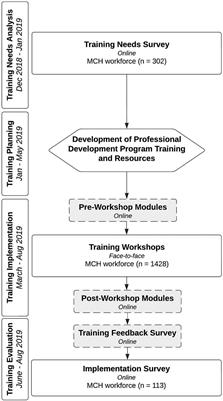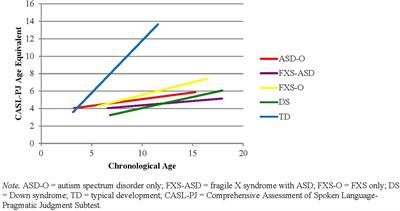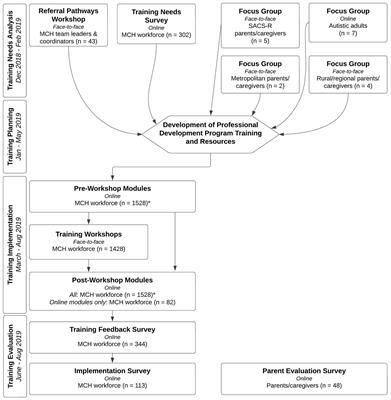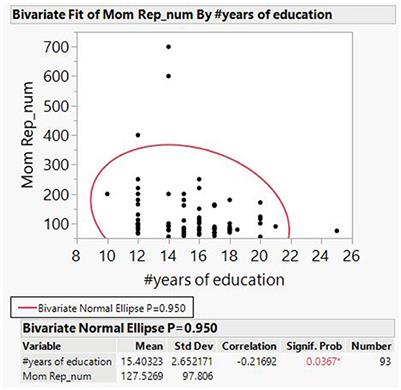EDITORIAL
Published on 18 Mar 2024
Editorial: Personalized precision medicine in autism spectrum related disorders, volume II
doi 10.3389/fneur.2024.1392642
- 760 views
3,230
Total downloads
12k
Total views and downloads
EDITORIAL
Published on 18 Mar 2024
ORIGINAL RESEARCH
Published on 09 Jan 2024

ORIGINAL RESEARCH
Published on 21 Jul 2023

ORIGINAL RESEARCH
Published on 07 Jul 2023

ORIGINAL RESEARCH
Published on 02 May 2023

